Enhanced Communication: Clarity and Coverage Improvement
One of the primary advantages of digital radio systems in commercial marine applications is their ability to deliver enhanced communication clarity and coverage. Unlike traditional analog systems, digital radios offer superior audio quality, free from the static, interference, and distortion often associated with analog transmissions. This ensures clear and reliable communication between crew members, vessel operators, and shore-based stations, even in challenging environmental conditions or over long distances.
Digital radio systems also provide extended coverage ranges, allowing vessels to communicate effectively over larger geographic areas without experiencing signal degradation. This extended coverage is particularly beneficial for vessels operating in remote or offshore regions where traditional communication methods may be limited.
Safety Features: Automatic Distress Signals, GPS Integration
Safety is paramount in the maritime industry, and digital radio systems offer several advanced features designed to enhance safety at sea. One such feature is the automatic distress signal capability, which allows vessels to transmit distress alerts automatically in the event of an emergency. These distress signals include crucial information such as the vessel’s identity, location, and nature of the emergency, facilitating swift and coordinated rescue operations.
Furthermore, many digital radio systems offer integrated GPS functionality, enabling vessels to transmit their precise location information along with distress signals. This integration enhances the accuracy and effectiveness of search and rescue efforts by providing rescuers with real-time information about the vessel’s location, thereby reducing response times and increasing the likelihood of successful outcomes in emergency situations.
Efficiency in Operations: Real-time Data Transmission
Digital radio systems facilitate efficient and streamlined operations in commercial marine settings by enabling real-time data transmission and communication. Crew members can quickly and easily share information, coordinate tasks, and respond to changing conditions without delays or interruptions. This real-time communication capability is particularly valuable for vessels engaged in time-sensitive operations such as cargo shipping, fishing, or offshore support services, where prompt decision-making and action are essential for success.
Additionally, digital radio systems support the transmission of data beyond voice communication, allowing vessels to exchange vital operational information, navigational data, and weather updates in real-time. This data exchange capability enhances situational awareness, enables proactive decision-making, and contributes to overall operational efficiency and productivity.
Cost-effectiveness: Reduced Maintenance and Downtime Costs
While the initial investment in digital radio systems may be higher than traditional analog systems, they offer significant cost savings over the long term. Digital radios require less maintenance compared to analog counterparts, as they are less susceptible to wear and tear, signal degradation, and component failure. This reduces maintenance expenses and downtime associated with repairs, replacements, and system upgrades, resulting in lower overall operating costs for vessel owners and operators.
Furthermore, the enhanced reliability and performance of digital radio systems contribute to increased operational uptime, reducing the risk of communication failures and associated losses due to missed opportunities, delays, or disruptions in service.
Regulatory Compliance: Meeting Industry Standards and Requirements
In today’s highly regulated maritime environment, compliance with industry standards and regulatory requirements is essential for vessel operators. Digital radio systems are designed to meet and exceed stringent regulatory standards set forth by organizations such as the International Maritime Organization (IMO), the Federal Communications Commission (FCC), and other regulatory bodies.
By investing in digital radio systems that comply with industry standards and regulations, vessel operators can ensure that their communication infrastructure meets the necessary safety, security, and operational requirements, minimizing the risk of regulatory violations, fines, or penalties.
Advantages of Digital Radios in Marine Settings
In conclusion, digital radio systems offer a multitude of benefits for commercial marine applications, ranging from enhanced communication clarity and coverage to advanced safety features, operational efficiency, cost-effectiveness, and regulatory compliance. By leveraging the capabilities of digital radio systems, vessel operators can improve communication reliability, enhance safety, streamline operations, reduce costs, and maintain compliance with industry standards and regulations. As the maritime industry continues to evolve, digital radio systems will play an increasingly important role in shaping the future of communication and connectivity at sea.

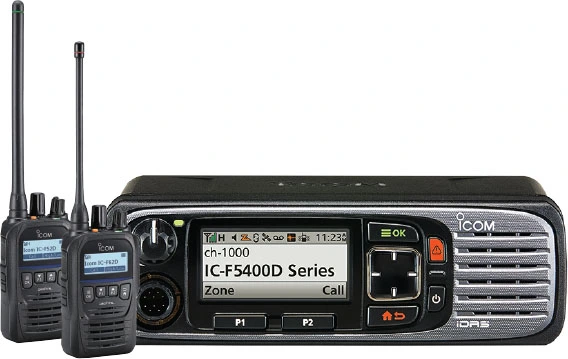

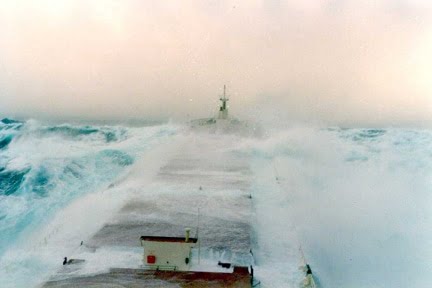
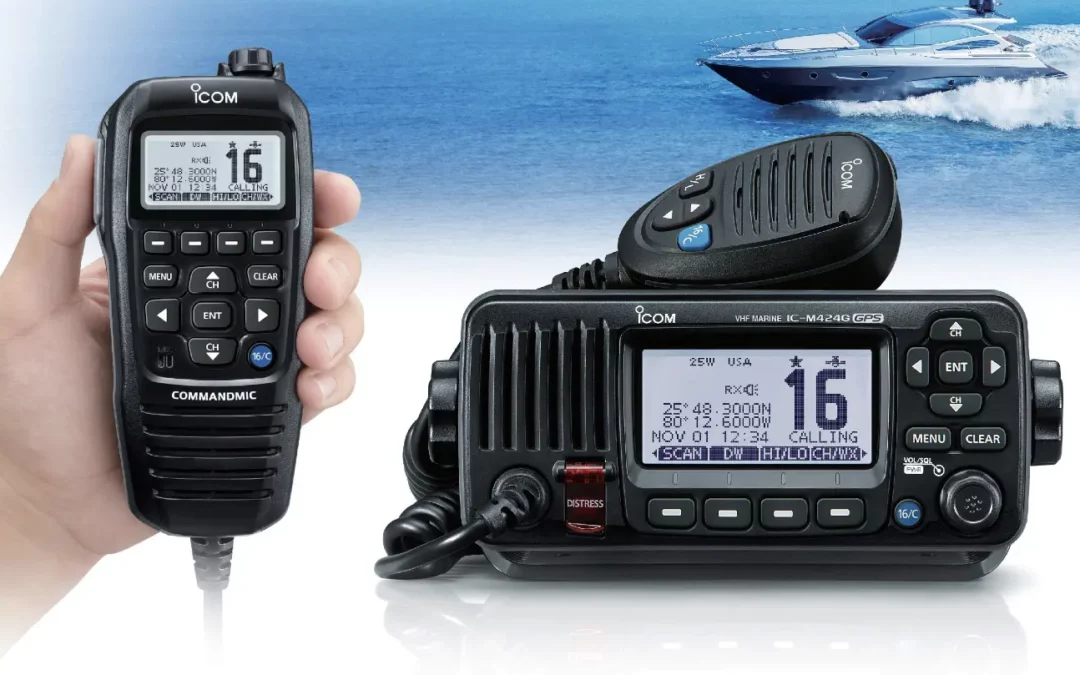

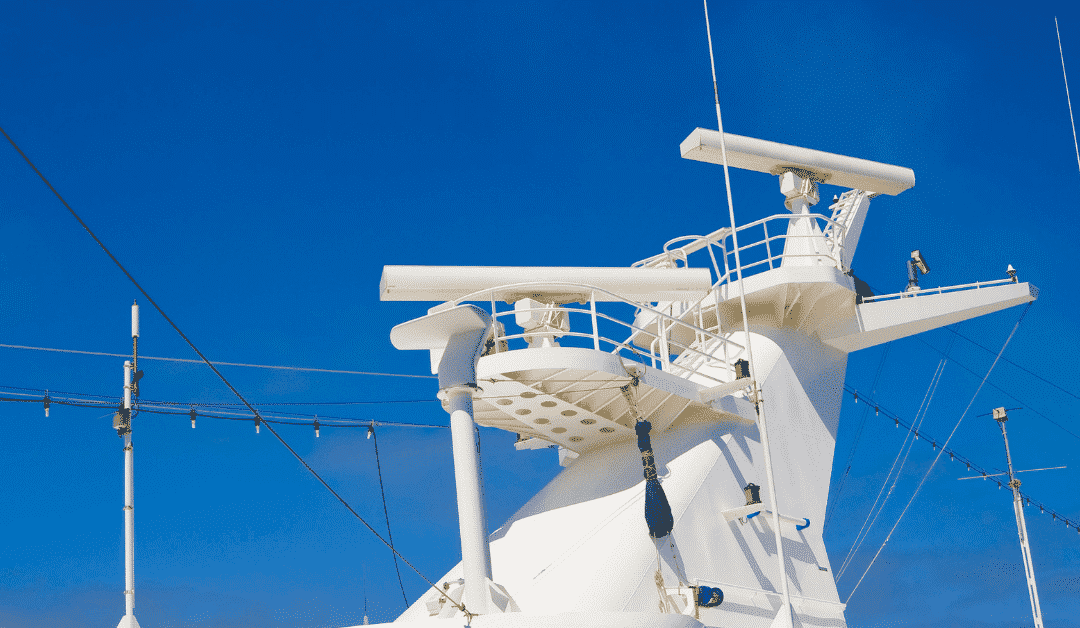
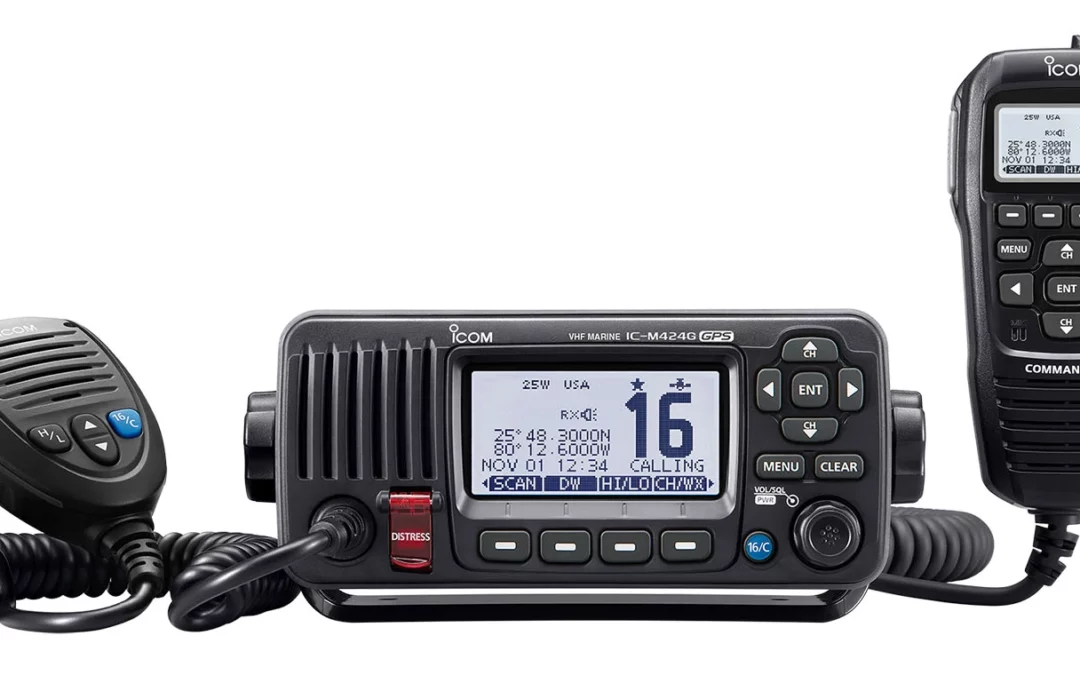
0 Comments